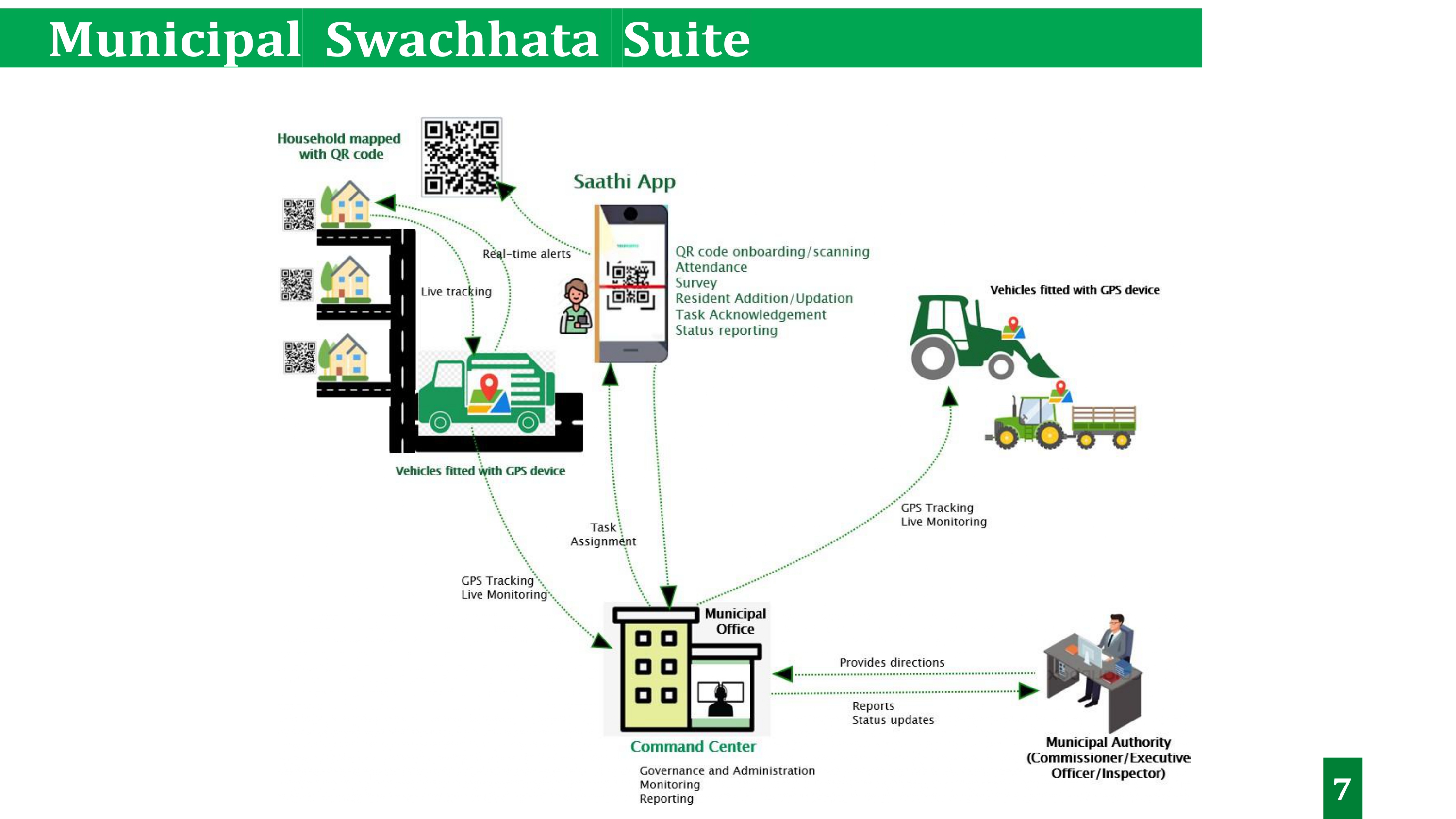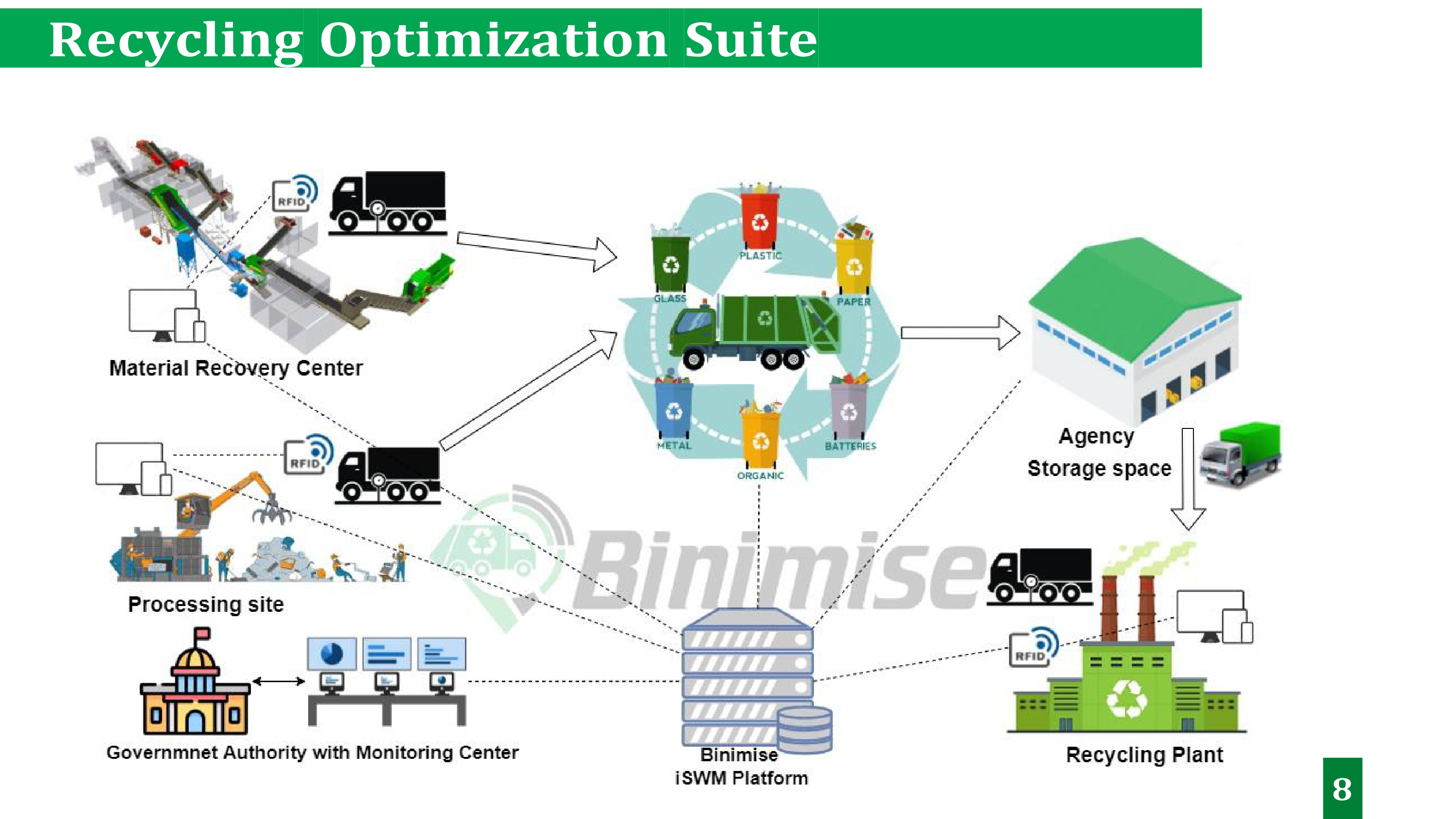
As part of the Swachh Bharat Mission, Project Management Unit (PMU) established in Jammu and Srinagar to address the significant waste management challenges in these regions. The initiative aimed to improve sanitation, enhance waste collection efficiency, and engage the community in sustainable waste practices.
1.-*Inconsistent Water Collection*Waste collection services were irregular, leading to accumulation of waste in public areas.
2.-*Overfilled Landfills*Existing landfill sites were overfilled, posing serious environmental and health hazards.
3.Poor MonitoringIneffective tracking of waste collection vehicles and staff resulted in operational inefficiencies.
1-*Enhanced Collection Efficiency*Introduction of real-time tracking systems for waste collection vehicles and personnel ensured timely and efficient waste collection, reducing waste accumulation in public areas.
2-*Landfill Management*Improved landfill management practices reduced the burden on existing sites and minimized environmental impact.
3.-*Operational Transparency* Implementation of advanced monitoring tools provided better oversight and management of waste collection operations
1.-*Lack of Public Engagement* Residents were not actively involved in waste management efforts, leading to improper waste disposal and littering.
2.-*Health Hazard*Accumulated waste and overfilled landfills posed significant health risks to the public.
1.-*Increased public engagement*Unified communication channels such as SMS, IVR, and social media increased public awareness and involvement in waste management practices.
2.-*Health Improvement*Cleaner public spaces and better waste management practices led to improved public health and reduced disease incidence related to poor sanitation.
-*Manuel Data*Waste management processes were largely manual, leading to inefficiencies and errors.
-*Limited Use*Lack of data analytics hindered effective decision-making and resource optimization.
-*Automated Systems* Implementation of automated complaint and booking management systems streamlined operations, making it easier for residents to report issues and track resolutions.
-*Data Driven System*Customized dashboards, mobile apps, and MIS reports provided valuable insights and analytics, optimizing resource utilization and improving operational efficiency.
-*Iot and Remote Monitoring* Use of IoT devices and sensors for remote monitoring ensured proactive management and timely interventions.
-*High Operational Costs*Inefficient waste collection and management practices resulted in high operational costs.
-*Environmental Degradation* Poorly managed landfills and waste disposal practices contributed to environmental pollution*.
-*Cost Savings*Optimized operations and resource utilization resulted in significant cost savings for municipal waste management.
-*Environment Sustainability*Improved waste management practices reduced the environmental footprint, contributing to sustainability goals
-*Carbon Reduction*The initiative aimed to reduce carbon emissions by up to 30% through better waste management and reduced fuel consumption.



